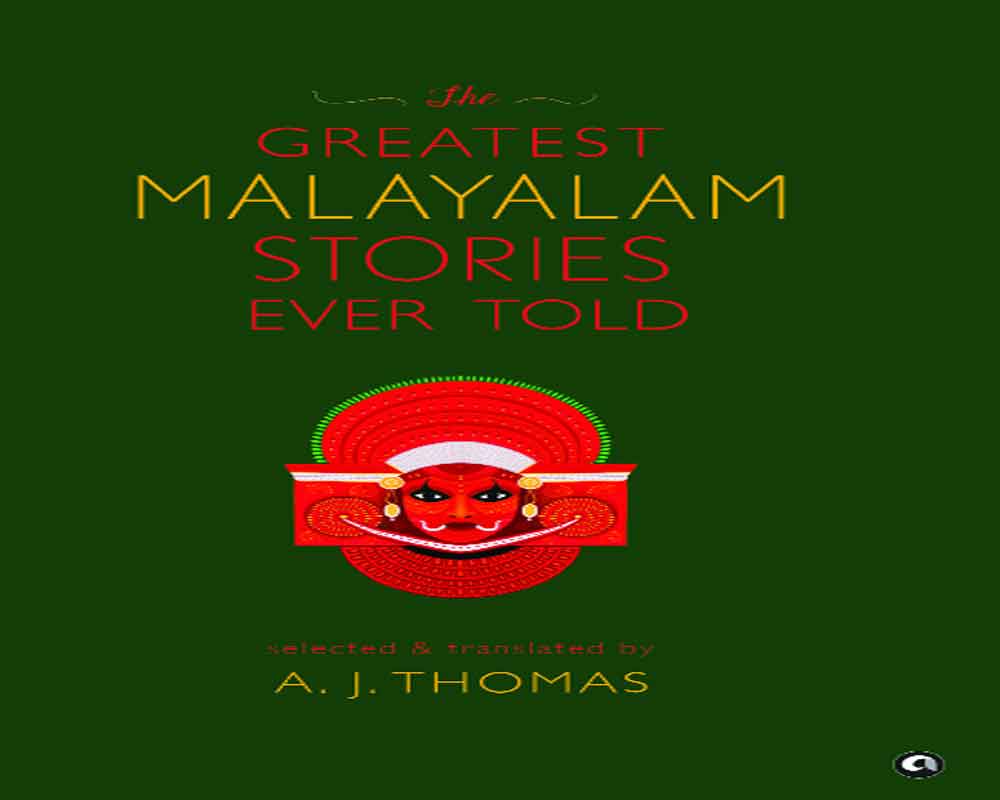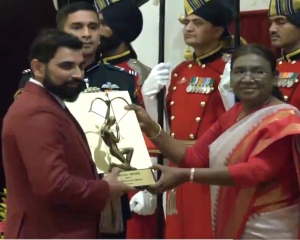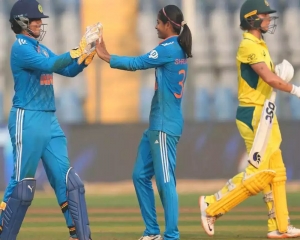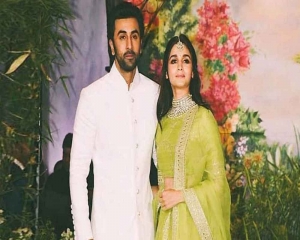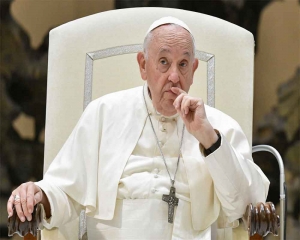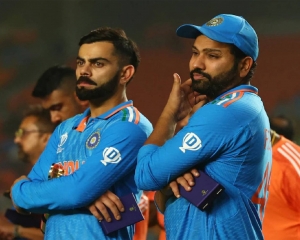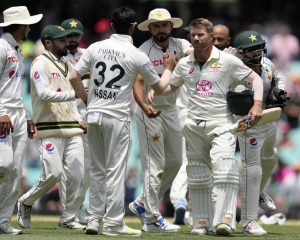Writer AJ Thomas gives the reader an overarching perspective of the socio-cultural, political and economic influences of the Malayalam short stories that shaped literature in Kerala By Kumar Chellappan
Short story is the world's most popular literary medium and it evolved alonFg with human civilization. But the first-ever recorded short story is “The Two Drovers” authored by Walter Scott and published in a magazine by name Chronicles of the Canongate in the year 1827. This is what Scottish novelist-cum-short story writer William Boyd claims in the literary magazine Prospect.
Even if the argument by Boyd has to be debated and discussed, the fact remains that the medium of short story in its published form is a comparatively new form of literature. People’s passion for listening to or reading real life experiences knows no bounds. What started as recounting the unique experiences encountered by people in their daily pursuit for food and clothing after each day’s hard job evolved into a popular culture and it took the name of a short story. Though described as a short story, it need not be short at all. In the published form, it could be dozens of pages.
India’s contribution to the genre of short stories could have its origin in Panchathanthra or Hitopadesha stories. The initiation into the world of short stories begins in India with our own ‘Panchathanthra’ or ‘One Thousand And One Nights’ (Arabian Nights), folk tales from West Asia. Later in the short stories evolved along with periodicals and publications as this form of literature turned out to be an unavoidable ingredient in these publications. Renowned magazines including Readers’ Digest promoted the short stories in a big way. It is not an exaggeration to say that the short story speaks a lot about the culture, customs and traditions of the country of its origin.
In India, a country of 28 States and eight union territories with 22 official languages, there are multitudes of traditions and art forms. It is quite natural that each region has their own stories to tell. Publication of Malayalam short stories dates back to the early half of the 18th century and from the word go, the pioneers in this literature genre have not disappointed the readers. While the earlier stories centered on humor and real human interest incidents, a marked change in style and substance stands out in stories published in later years. Oduvil Kunhikrishna Menon, Vengayil Kunhiraman Nayanar, Moorkothu Kumaran and the likes wrote stories to entertain the readers. The next generation storytellers like Keshava Dev, PC Kuttykrishnan (Uroob), Thakazhi Shivasankara Pillai , SK Pottekkad , M T Vasudevan Nair (the last three were honored with Jnanapeetha Awards) Madhavi Kutty (Kamala Das), VKN, Vaikom Muhammed Basheer, M Sukumaran, Ponkunnam Varkey, and OV Vijayan presented the readers with new experiences and stories that smell of the blood and sweat of the people constituting the society in which they lived.
Though the new generation writers categorize the above-mentioned authors as representing the outdated ones and pat themselves on their shoulders as the spokespersons of post-modern/ultra-modern literature, it has to be said that stories written by Keshava Dev, Thakazhi etc remain engraved in the mind while the ultra-modern authors have disappointed the readers. Short stories in each language and region offer us a bird’s eye view of the lifestyle and character of the people constituting the region.
“Greatest Malayalam Stories Ever Told” is a collection of short stories by the crème de la crème of writers in Malayalam, selected and translated by A J Thomas, poet, editor and translator, all rolled into one. The collection has stories by Karoor Neelakanta Pillai, the doyen among Malayalam story telling who initiated a revolution by writing about the lives and times of the proletarian section, P Keshava Dev, the writer who elevated the readers to new heights of the possibilities of literature through his novels and short stories. The stories by Karoor had artisans and lower primary teachers as its protagonists while Dev wrote about the members of the proletarian society. Dev’s characters were daily wage earners, porters, rickshaw pullers and vegetable vendors. He was the first writer in Malayalam to focus on the trials and tribulations of this class. Ponkunnam Varkey was a born rebel and had staged a running battle with the Church, clergy and the evil side of capitalism.
What made these writers and others like VKN, MT Vasudevan Nair, Kovilan, is the power with which their works got engraved on our hearts. To put it more clearly, the stories and novels authored by them remind us of the slogan “utterly butterly delicious”, coined by Sylvester daCunha to sell Amul butter to the world. The campaign launched in 1966 remains as fresh and lively even after 57 years. This is how we can describe the stories by these veteran writers. They had the advantage of having first-hand experience about life with which they crafted short stories and novels. But the later generation failed to deliver the kind of works which were done by their predecessors.
The ultra-modern stories are written to sell and manage to win literary awards in contrast to the works of the older generation. They wrote about pain and agony and disappointments and dejections which could be comprehended by those who could read and write. The same is not the case with the new generation authors who figure in this collection. They are not writing stories, but performing some kind of jugglery with words and sentences. The Malayalam literary world is undergoing a phase of stagnation.
Coming back to some of the stories that Thomas has translated as greatest Malayalam stories, yes, they will remain so long as the Malayalam language flourishes. The ‘World Renowned Nose’ by Basheer is a classic example of simplicity and intellectual honesty. Written in 1954, the TWRN and Mr Mookken retain the charm and remains eternally fresh. Stories by Dev, Thakazhi, Varkey, Kovilan, VKN, T Padmanabhan, M P Narayana Pillai etc too would make it to any selection of the best Malayalam stories ever written. The draw back with VKN’s works is that though they are of global standards, it is a tough job to translate the same to English unless and until one is that fluent in English. This has been proved beyond doubt in the story ‘Lunch’ in which the protagonist Payyan says to himself “Ya don’t have to laugh, madame, Ya don’t have to...” Those who are well-versed in Malayalam as well as the unique VKN touch may be able to make out what the author intends but to convey the idea through translation is a tough task.
For those who have not read these authors, the work by Thomas is an opportunity to feel and experience the Malayalam short stories as the translator has done a reasonably good job by not tampering with the originals. Let more and more translations from other languages enrich our literature.






